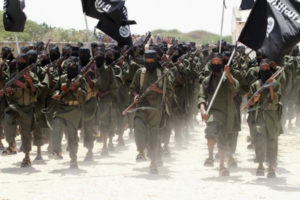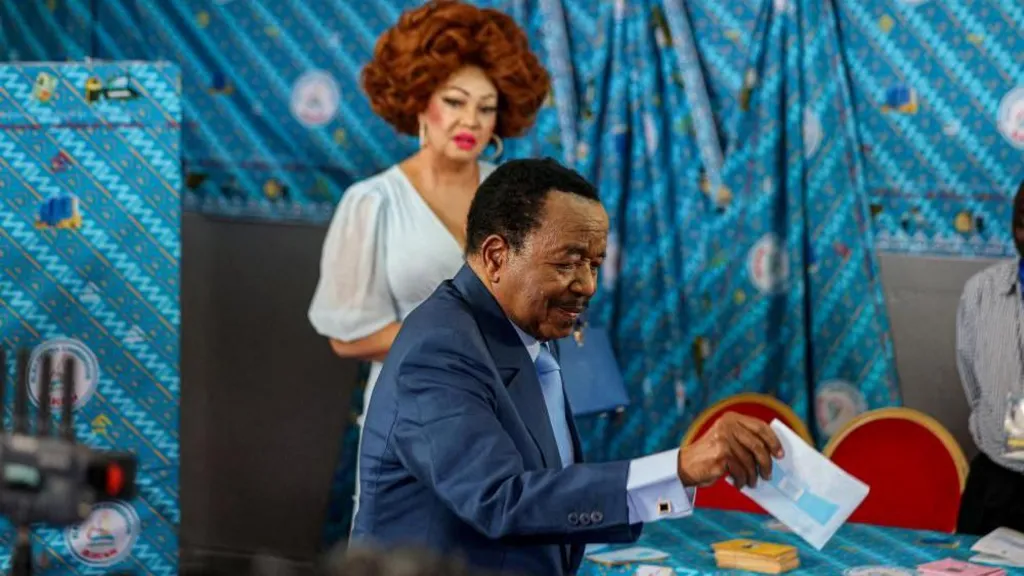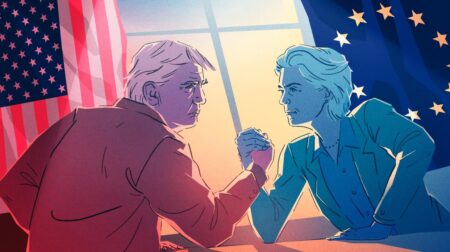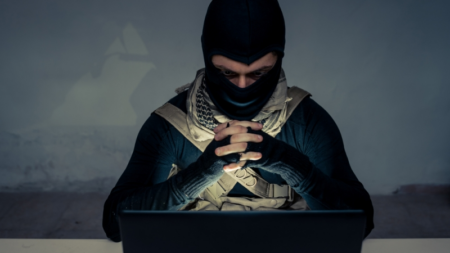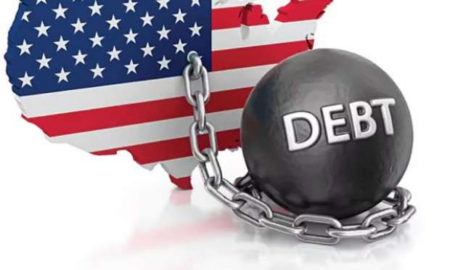Cameroon president Paul Biya, has won a controversial eighth term in office at the age of 92, extending his four-decade rule.
The Constitutional Council announced that Biya received 53.7% of the vote, defeating opposition leader Issa Tchiroma Bakary, who secured only 35.2%.
Despite the official results, Bakary—once an ally of Biya—claimed victory and accused the ruling Cameroon People’s Democratic Movement (CPDM) of manipulating the outcome.
His supporters have taken to the streets in protest, defying bans and clashing with security forces across several cities.
Deadly Protests and Rising Tensions
October 12 election was marred by violence and unrest.
In the economic capital, Douala, at least four people were killed as police and demonstrators clashed. Regional officials stated that security forces were attacked and acted in self-defense.
Tensions escalated further on Monday near Bakary’s residence in Garoua.
Witnesses reported gunfire and civilian casualties.
Bakary alleged that government snipers had targeted his supporters, a claim authorities have yet to address.
In Yaoundé, the capital, fear and uncertainty gripped the city.
Shops, schools, and government offices remained closed as residents awaited calm.
Many citizens described the mood as one of “graveyard silence,” reflecting deep frustration over what they view as an undemocratic process.
Read also: Saeed Abdullahi Deni Warns from Somalia’s Political Uncertainty
Controversy and Criticism Over Cameroon President Paul Biya Role
Cameroon president Paul Biya, who first came to power in 1982, thanked voters for “once again” trusting him and pledged to build a “peaceful and prosperous Cameroon.”
His government celebrated the victory as a symbol of “greatness and hope.”
However, critics argue that the extended rule of Biya has stifled democracy and worsened corruption.
The nation continues to face high unemployment, a violent separatist conflict in its English-speaking regions, and deteriorating infrastructure.
Analysts warn that the disputed election could deepen divisions in a country once known for stability.
The International Crisis Group called on Cameroon president Paul Biya to initiate national dialogue to prevent further escalation and restore public trust.

